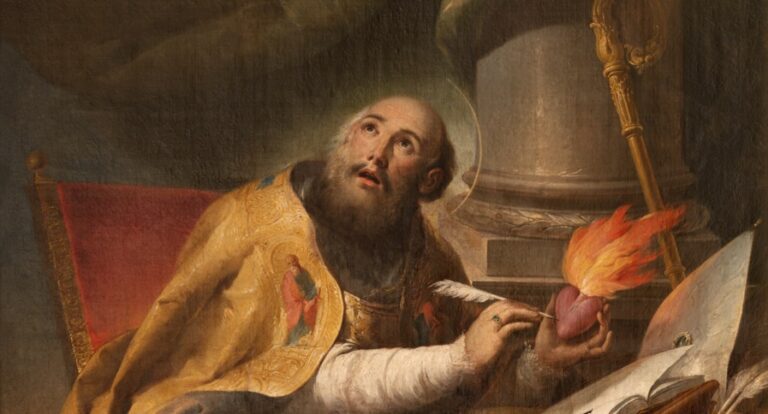
A REFLECTION ON FATHERHOOD

A lot of fathers I know really don’t know what to do with Father’s Day. We don’t need more ties. Golf paraphernalia, T-shirts and other odds and sods, while sometimes handy, are actually beside the point.
But what is the point, really, of Father’s Day? Our secular world presents it as an occasion to shower Dad with stuff. The buying of presents becomes the stand-in for actual presence, a symbol of a relationship between daughter/son and father.
If nothing else, fatherhood is certainly about relationship. It is about being there, not just at the beginning, but throughout a child’s life and maturing into adulthood. And it doesn’t stop there. For many, a father’s relationships with his children deepen even more once they are adults and need less protecting, but more wisdom.
The Christian tradition exalts motherhood, of course, through its veneration of our Blessed Mother. That doesn’t mean fatherhood gets short shrift; it’s just that the emphasis is different.
Scripture offers numerous examples of fatherhood, some well worth emulating, some not so much. Abraham put a real scare into his son Isaac when he planned to sacrifice him at God’s request. Fortunately, God let him know this would not be necessary, much to Isaac’s relief, I’m sure. And David succumbed to his lust for another man’s wife, for which he repented.
But these tales of human weakness only underscore the maxim that God can work miracles even with the least promising material. What comes through more profoundly in Scripture is a notion of fatherhood that encompasses love, compassion, mercy, strength and presence.
God is, of course, Father, Son and Holy Spirit, with the love between Father and Son spilling into the cosmos. For most of us earthlings, we find a practical example of fatherhood to emulate in Joseph, the man who accepted Jesus, the son of Mary, as his own and created a family around them.
Joseph is the ultimate example of the just man, though we have little to go on from scripture to explain this. In the Gospels, Joseph is of the line of King David, a noble lineage to be sure. He is, first and foremost, the protector of his family, hiding them from the soldiers of Herod. He provides for them, working as a carpenter and giving them security and a good home.
He is the silent type, for sure. There is no record in the four gospels of him saying a single word. Many sons and daughters can testify that a strong and silent father is not exactly rare. In fact, many might wish their fathers had spoken out more about those things that really matter. Literature is full of the stories of fathers who love deeply but don’t know how to express this to their children. Often that love comes through in their deeds, or gruff acknowledgement of their accomplishments.
Joseph’s real act of love — that one that could have cost him his reputation and standing in his community — was accepting that his betrothed was pregnant and still taking her as his wife. This was both an act of courage, of humility and of great trust in the Lord.
This is where Joseph can help today’s fathers understand their own role in relationship to their children. Putting the family’s interest ahead of one self is a radical challenge to a modern culture that worships autonomy and self-gratification. It is at the heart of the Christian message.
Most fathers don’t think of themselves in such dramatic terms. Its just part of the job. They aren’t looking for thanks in the form of baseball hats and autographed hockey jerseys.
But they’re grateful for them anyway. They know all about it being the thought that counts.
Joseph Sinasac, Publishing Director, Novalis English Books, Resources and Periodicals


